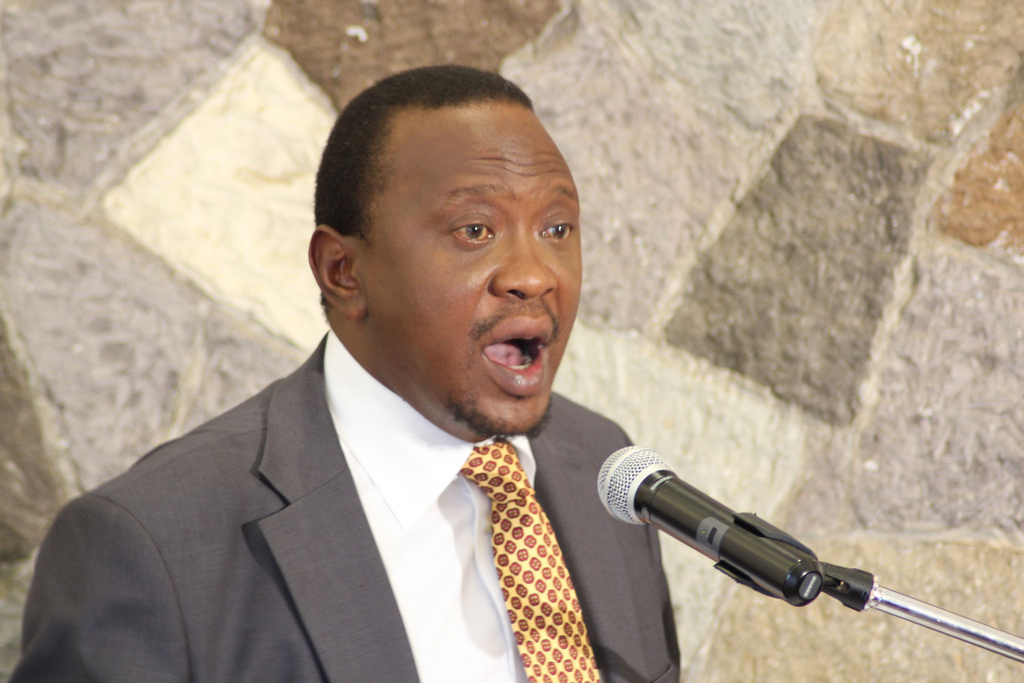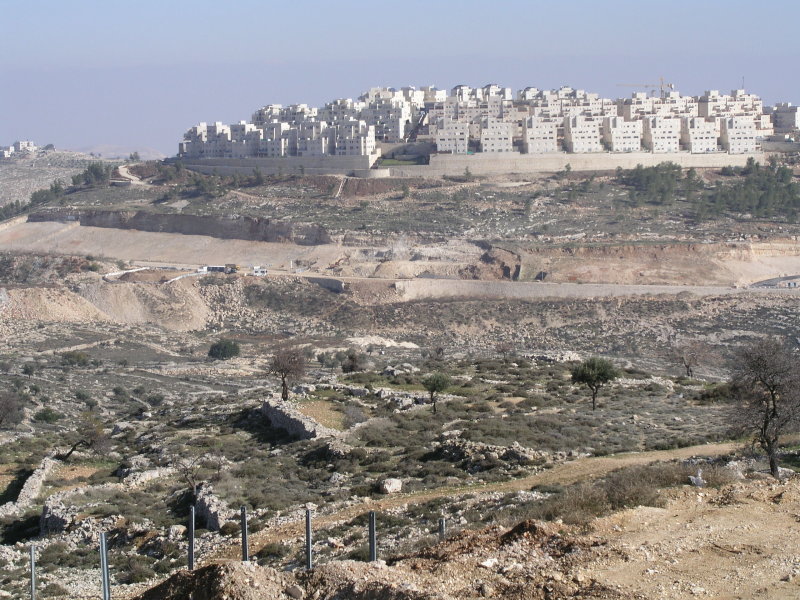
Small Details Make for Big Injustices: Re-education through Labour and Administrative Litigation
The legal relationship between the Chinese state and the citizen are contradictory. The laws on administrative litigation are on one side of the spectrum. They allow the Chinese to sue their government, one of the regime’s most promising reforms (though it has often failed to live up to its potential). On the other hand, re-education through labour (RETL) (laojiao (劳教)), a draconian detention programme, has long been a focal point for critics of China’s human rights record, whereby China’s police can sentence an individual to three years (with a possible 4th year extension) in a labour camp without a trial
Particular cases bear out these contradictions. Tang Hui and Zhao Meifu, two women detained separately under China’s re-education through labour system, have become so well known in China that they helped prompt calls for reforming the RETL system. Yet, both women were recently denied compensation by China’s administrative courts. While criticism of China’s human rights record and courts tends to be very general, these cases show that the small details of China’s legal system showcase the biggest injustices.

Proposals for decriminalising politics in India
The expert comments as well as gossip about the next general elections is growing louder by the day. Political parties are re-positioning themselves to increase their likelihood of forming the government in 2014. Amidst this hullaballoo, the political class has conveniently turned a deaf ear to the calls by civil society groups to undertake critical electoral reforms such as decriminalising politics.
Several government-appointed Commissions have already made clear recommendations for reforms, but the political will to implement these recommendations in letter and spirit is lacking. At a recent conference on decriminalisation of politics, the Law Minister acknowledged the problem but chose to refer it to yet another Law Commission specially constituted for the purpose. Instead of dilly-dallying, a government that genuinely intends to bring about reform should instead be using its energies to build political consensus to tackle these issues at the earliest. The opposition, too, shares the responsibility for making this happen.

Relativism and Political Justice: an ancient problem comes to the modern age
The ancient Greek historian Herodotus tells a famous story of the Persian king Darius who one day decided to summon a group of Greeks to his court to ask them a very strange question; for what price would they eat the bodies of their dead parents? The Greeks respond with horror, and say there is no price on earth that would lead them to do such a thing. Darius then summons members of a tribe known as the Callatiae who DID eat the bodies of their kin and asks them for what price they would cremate their dead – the practice of the Greeks.

The Soapbox Goes Wireless: How the digital revolution is changing free speech
In our increasingly digital times, freedom of expression may look like one of the positive beneficiaries of our ever more interconnected world. Countries like China or Iran build firewalls and employ small armies of censors and snoopers in determined attempts to keep their bit of the internet controlled and uncritical of their ruling elites. But with social media, blogs, citizen journalism, and ever greater amounts of news on a diverse and expanding range of sites, information is shared across borders and goes around censors with greater ease than ever before.
Yet online and off, free speech still needs defending from those in power who would like to control information, limit criticism or snoop widely across people and populations. And it would be a mistake to think the free speech attackers are only the obvious bad guys like China, Iran or North Korea.

Kenya’s hopes for justice in the hands of the accused
On March 30, the Kenyan Supreme Court faced its most critical challenge to date, as it delivered its verdict on the petition contesting the results of the presidential election held on 4 March. In its landmark decision the judicial body upheld Uhuru Kenyatta’s victory as declared by the Independent Electoral and Boundaries Commission (IEBC) on 9 March. While the verdict was certainly disappointing for Raila Odinga and his supporters, the decision to contest the election through the Courts and – most crucially of all – accept its verdict, is a powerful vote of confidence in Kenya’s reformed judiciary. Odinga’s decision to contest the election through the Courts stands in sharp contrast to the disputed election of 2007-08. Five years ago, lack of faith in Kenya’s judiciary meant that challenges to the poll results played out in the streets, leading to widespread violence that swept across the country. With nearly 1300 killed and hundreds of thousands displaced, the 2007-08 post-election violence amounted to Kenya’s worst political crisis since independence.

How the advent of autonomous drones will affect our conception of ethics
Georgia Tech professor Ronald Arkin contends that we might soon see the advent of autonomous drones operated by algorithmic ‘ethical governors’ replacing human decision in warfare. As Peter W. Singer’s argues in his seminal book Wired for War, this prospect does not belong to the realm of science fiction: we are amidst a revolution in military warfare, with digital and robotic technology increasingly replacing human decision in contemporary warfare.

Defending the Indefensible: An interview with Dani Dayan, outgoing head of the Judea Samaria and Gaza Council
Last Friday, the Oxford Union hosted the first in a series of talks entitled “Head to Head” organised by and filmed for Al Jazeera. In this first talk, Al Jazeera’s Mehdi Hassan interviewed the outgoing head of the Yesha Council, Dani Dayan on the subject of Israeli settlements and the prospect for peace between Israel and Palestine. The Yesha Council is an umbrella organization of municipal councils of Jewish settlements in the West Bank and constitutes a formidable force within Israeli politics, pressing mainly for continuity of the settlement program. The talk presented a unique opportunity to question a leading defender of what many regard as one of the most flagrant and persistent breaches of international law by a democratic state today.

Drones have put targeted killing on trial
The past few weeks have seen a flurry of activity aimed at achieving greater transparency and accountability with respect to the U.S. government’s practice of “targeted killing” (primarily through the use of drones).
To begin, the UN special rapporteur on counter-terrorism and human rights, Ben Emmerson, announced in late January the launch of an investigation into the “civilian impact” and “human rights implications” of drone attacks and other targeted killings by the U.S. and other states. The rapporteur claimed that such attacks pose a serious challenge to the existing framework of international law, and therefore require the development of new legal mechanisms to regulate use and ensure accountability. He also warned that if states engaged in drone attacks do not establish effective, independent, and impartial investigations of their actions, it might be necessary for the United Nations to do so. (Note: The UN investigation will examine 25 different cases of drone attacks, not all directed by the U.S. However, it remains the case that U.S. policy is a main focus of attention, particularly for China, Russia, and Pakistan, the three states that called for the investigation within the Human Rights Council).









